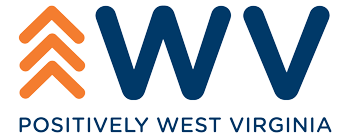A number of economic developers and business collaborators are seeking unprecedented change in broadband access across the state of West Virginia.
Host, Jim Matuga, sat down with Derek Barr, Assistant GM of Hardy Telecommunications, Sean Sikora, County Commissioner of Monongalia County, Robbie Morris, Executive Director of WV Broadband Enhancement Council, and Chris Morris, Senior VP of Business Development and External Affairs at Citynet.
Nearly 16% of West Virginians live under the poverty line. This reality, paired with the rural history and topographical landscape of West Virginia, means that almost ⅓ of state residents exist without accessible broadband connectivity and communication.
One of the collaborators in pursuit of broadband change in West Virginia is Chris Morris.
“Our state senate has made this a priority,” said Morris, “They have worked together in a bipartisan manner over the last few years to enact bills that have made [our vision] more cost-effective to build and has allowed us to expand more quickly.”
Another hopeful strategist for the future of broadband in the Mountain State is Robbie Morris of the West Virginia Broadband Enhancement Council. The council is committed to a three-fold structure of affecting change in economic development, education, and healthcare.
“Broadband gives users the ability to connect people and ideas at a rate comparable to the rest of the nation. This ability gives rural West Virginia access to the highest levels of education, healthcare, retail shopping, and many other quality-of-life services.” (Broadband WV)
Faster broadband means less time waiting on downloads to occur, the efficiency to accomplish more online, and the ability to create an entrepreneurial environment that could transform West Virginia––and with new initiatives like the ASCEND program, remote entrepreneurialism is not incidental to their efforts.
“We are currently building a community connect project through the USDA,” said Barr, of Hardy Telecommunications. “And there’s still more money coming down the back. The [rural] programs are out there, and West Virginia is a leg up against many other states.”
At the heart of their efforts is to see broadband access link communities together, whether urban or rural––and to properly use broadband as the foundational tool of state-wide institutional success.
“It’s a total team and collaborative effort,” said Morris of the Broadband Council. “That’s why you’re seeing results and will continue to see results in the coming months.”
To follow the panelists’ stories and to get a better glimpse of each company, visit www.hardynet.net, www.citynet.net, www.broadband.wv.gov/resources/broadband-in-wv, and be sure to share your story at www.capito.senate.gov/ShareYourStories.

